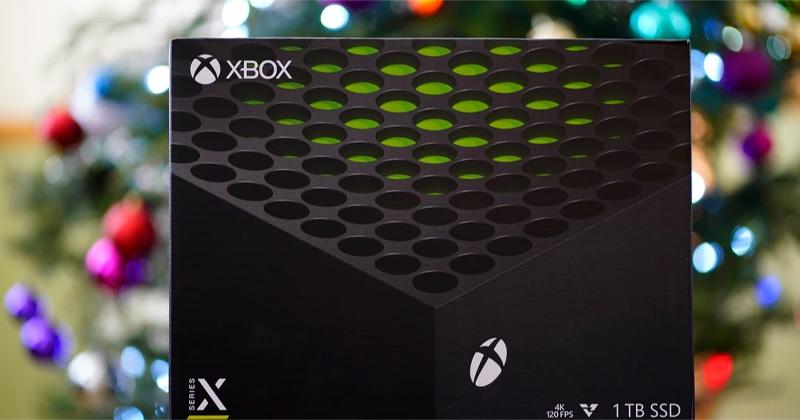
As trade tensions and tariff-related uncertainty continue to cloud the global economy, gamers worldwide are beginning to feel the impact through higher prices.
Microsoft has increased the suggested retail prices for its Xbox consoles and accessories globally this week. In the U.S., the Xbox Series S now starts at $379.99—an $80 increase from its original $299.99 launch price in 2020. The more advanced Xbox Series X will now retail for $599.99, up $100 from its previous cost.
“We recognize these changes may be difficult,” Microsoft said in a support update and a statement to the Associated Press. While the company didn’t directly cite tariffs, it attributed the increases to broader "market conditions and rising development costs."
The price hikes are not limited to the U.S. — Europe, the U.K., and Australia will also see revised pricing, with additional regions to follow. Accessories such as wireless controllers and headsets are also affected, including in the U.S. and Canada.
Microsoft also signaled that prices for some of its upcoming first-party games could rise to $79.99 by the holiday season.
These adjustments come during a volatile period for the gaming industry, which has been rattled by new U.S. tariffs introduced by former President Donald Trump and retaliatory measures from countries like China. Economists warn these tariffs will drive up prices on a wide range of goods that depend on international supply chains, including electronics.
Microsoft isn't alone. Sony recently raised PlayStation 5 prices in parts of Europe, the Middle East, Africa, Australia, and New Zealand, citing economic pressures such as inflation and volatile exchange rates.
Nintendo also delayed preorders for its upcoming Switch 2 console in April to assess the potential impact of tariffs. While the base price of $449.99 remains unchanged, the new console is significantly more expensive than the original $299 model, a hike experts partly attribute to rising import duties.
Although many tech firms have already reported cautious forecasts due to tariff uncertainty, the full impact on their financial results may take time to surface. Microsoft’s price hike followed a strong quarterly earnings report: the company earned $70.07 billion in revenue and $25.8 billion in net income for the January–March period. Its personal computing division, which includes Xbox, saw a 6% revenue increase—prior to the enforcement of the latest tariffs.














